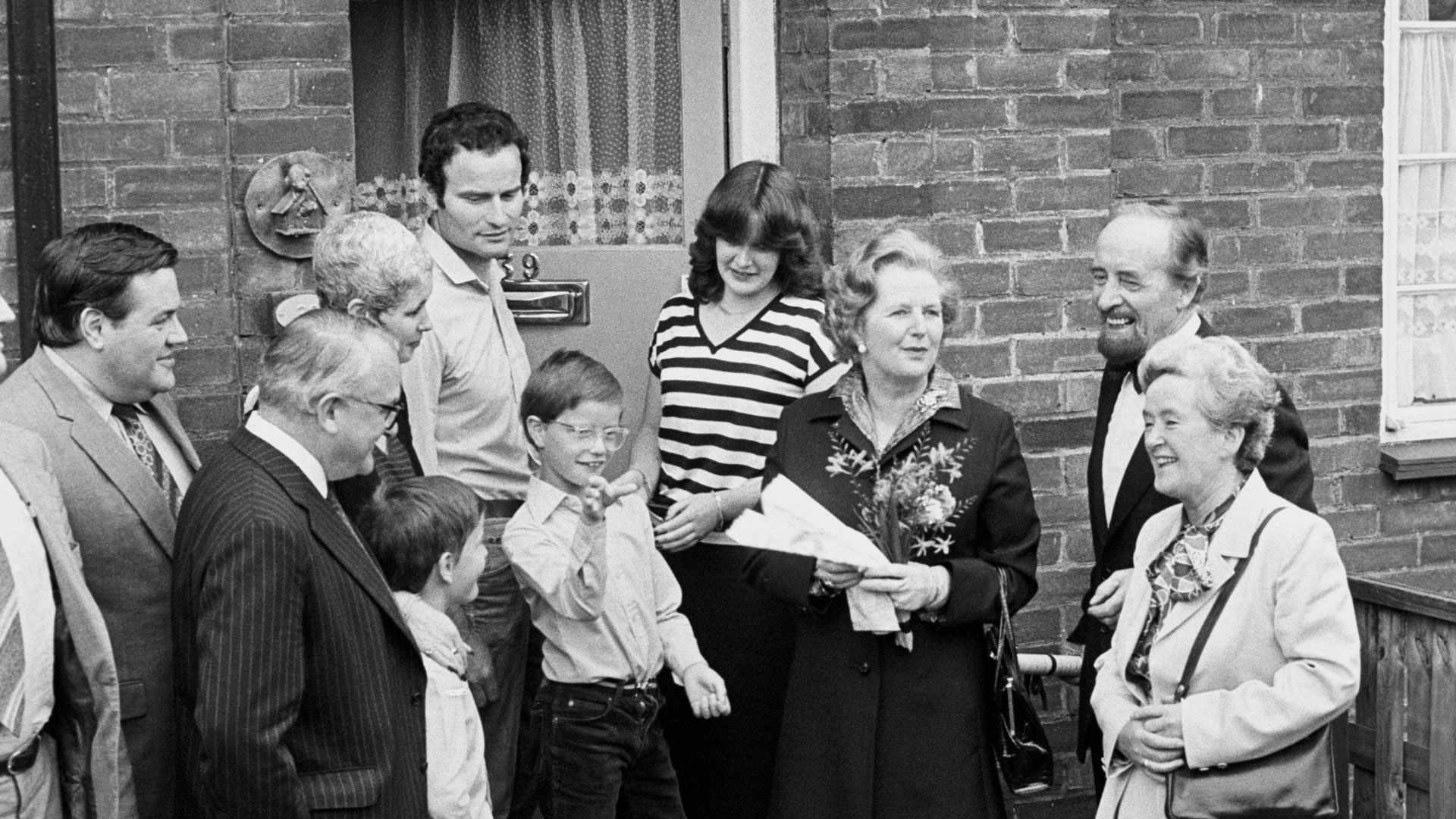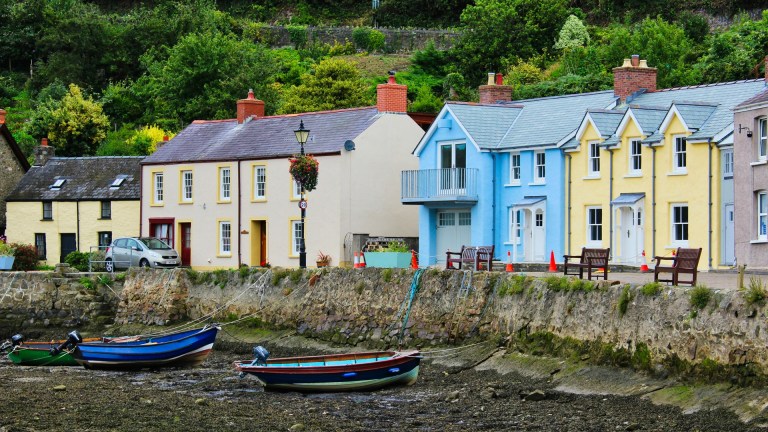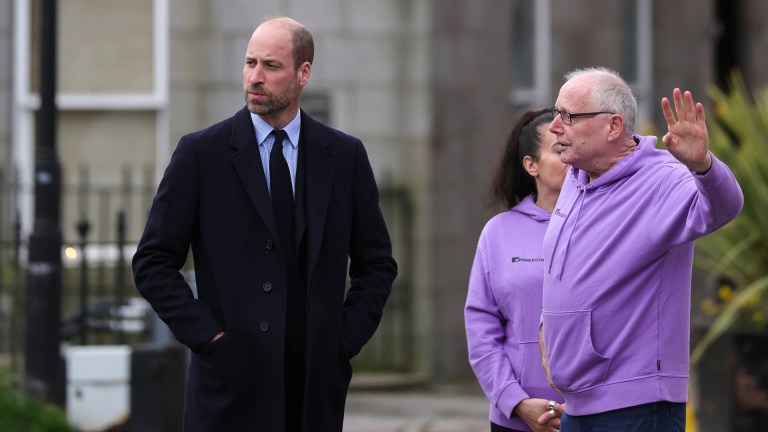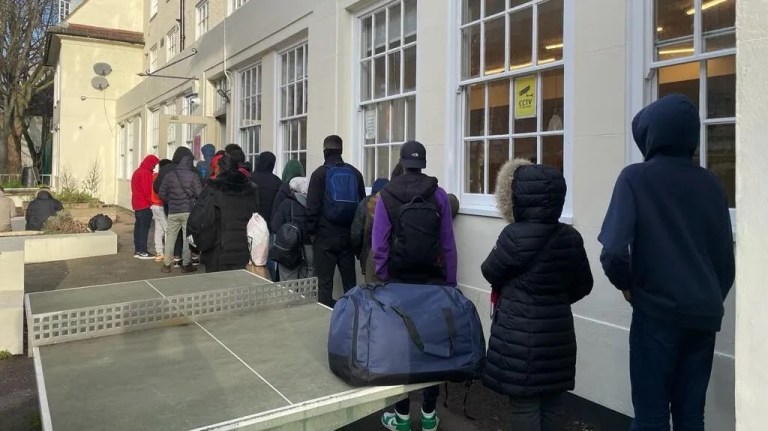Now people facing homelessness are commonly living in private lets – a frightening number of which are the very properties first sold off under the controversial rule.
“People are happier, healthier and wealthier when they own their own home.”
The fundamental idea of giving people the help they need to become homeowners is a good one, insists Paula Higgins, chief executive of the HomeOwners Alliance, which advocates for householders, including supporting people when Right to Buy purchases turn sour.
“At least in this country, people are happier, healthier and wealthier when they own their own home,” she told The Big Issue. “So, the principle that anyone can own their own home if they want to is a brilliant idea.
“It’s deeply unfair in this country that deposits are so high. As soon as you own your own home, you are better off. You have this asset, and your mortgage payments are generally less than your rental. You have the right to be able to control the way you want to live your life. So, the principle of homeownership is good and aspirational.”
Colin Jones – a Professor in the Urban Institute at Heriot-Watt University in Edinburgh and author of The Right to Buy: Analysis and Evaluation of a Housing Policy – was cited by the Blair government in the legislation that limited Right to Buy discounts for those who had lived in the property for longer. He is critical of the policy’s legacy. “As it was implemented, it certainly had a negative impact,” he said.
Jones points to many problems with the policy, the biggest of which is the failure to use the money raised to build more homes. “Clearly, if you take away the social housing stock, you reduce the pool of housing for homelessness,” he said.
Advertising helps fund Big Issue’s mission to end poverty
But the problem wasn’t just the lack of replacement for houses sold. There was also enormous inequality in how the discounts were applied. “If you were in a good house, you’d got the opportunity to buy a really good home at a very low price.
“Whereas if you’re living in a poor area, it wasn’t very good value at all. So, there was a huge unfairness built into it all,” said Jones.
Despite these cases, Higgins said the legacy of Right to Buy is mixed: “It’s too hard to say whether Right to Buy was overall a good or bad thing. There are individual winners and losers.”
“We never would have been able to afford our own home.”
Susan Holbrook, now 75, is still grateful for the opportunity that Right to Buy offered to her and her husband, Robert – or Olly, as everyone called him.
Susan was “born into the airforce and married into the airforce” and was used to the nomadic lifestyle. But when Olly left the forces, they were looking for somewhere to settle down. In 1975, along with their three young children, they moved into a council house in Cricklade, a small town on the River Thames in north Wiltshire.
“We’d been living there for some considerable years and then this Right to Buy came up. We thought we’d do it, because we didn’t want to live anywhere else,” she said. “We never would have been able to afford our own home.”
Advertising helps fund Big Issue’s mission to end poverty
At the time the Holbrook’s house was worth £26,000. Those who bought under Right to Buy were given a sliding scale of discount on the value of their home, with more given to those who’d lived there longer. Olly’s years in the services also counted to their total so the family were entitled to almost the maximum discount, getting their home for about £13,200.
Susan feels that the Right to Buy policy has been misunderstood in the years that followed. She knows that people are critical of the law that changed her life, but points out that by buying, she relieved the state of the responsibility to look after the property or pay for her rent in her old age. “We’re not expecting anyone else’s help,” she said.
In recent years, Susan has had yet another reason to be glad that she’d been able to buy back in the 80s. Olly died five years ago, and since then much of the estate where Susan lives has been knocked down to make way for new builds, very few of which are council houses any longer.
As Susan owned her place she could refuse to sell, and so can still live among her memories of her life with Olly. “I don’t want to move,” she says. “Our garden, never mind the house, has plenty of memories in it. He was a great fan of clematis.”
Despite the attempts of the current government to revive Right to Buy, Professor Jones said that stories like Susan’s are a thing of the past. “The Right to Buy is never going to be revived,” he said, “all the good houses are gone.”
Main pic: Prime Minister Margaret Thatcher, 3rd right, hands over a copy of the deeds of 39 Amersham Road, Harold Hill, in Essex, to James Patterson – the Greater London Council’s 12,000 council house buyer. Credit: PA Images / Alamy Stock Photo
Advertising helps fund Big Issue’s mission to end poverty










